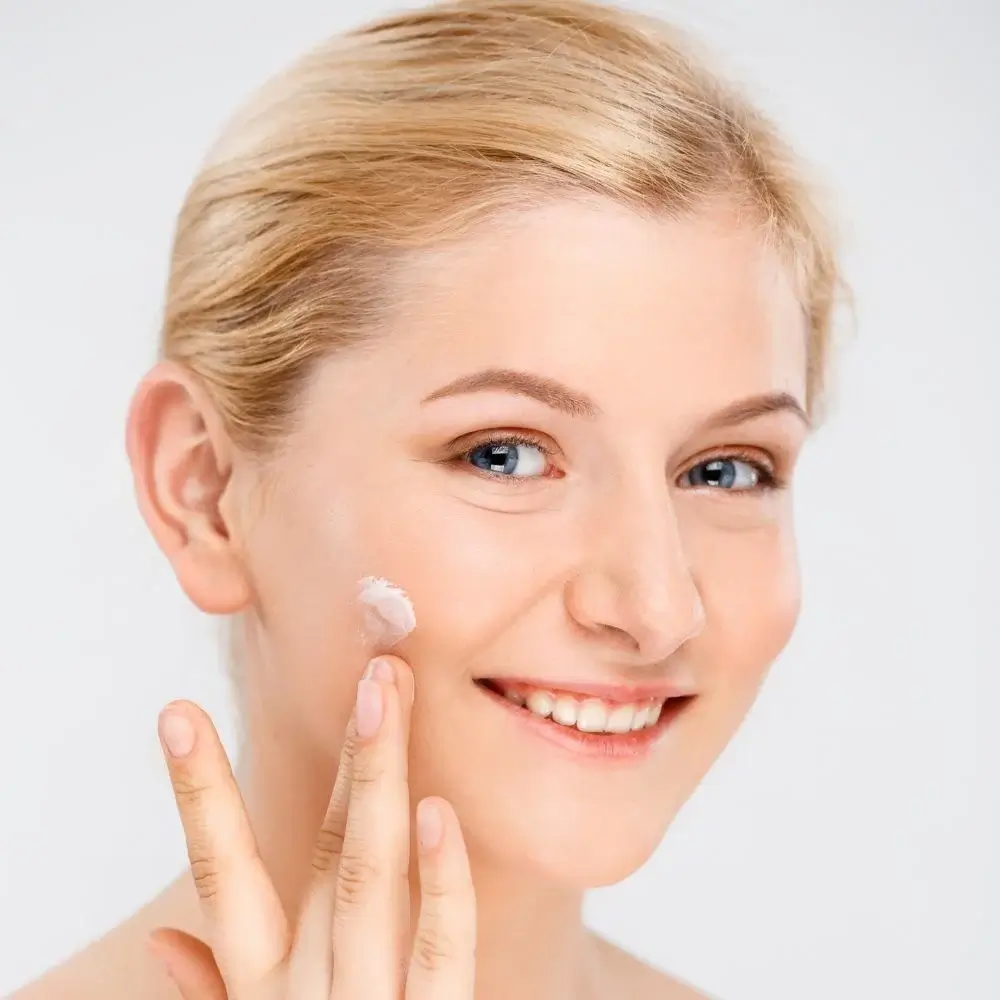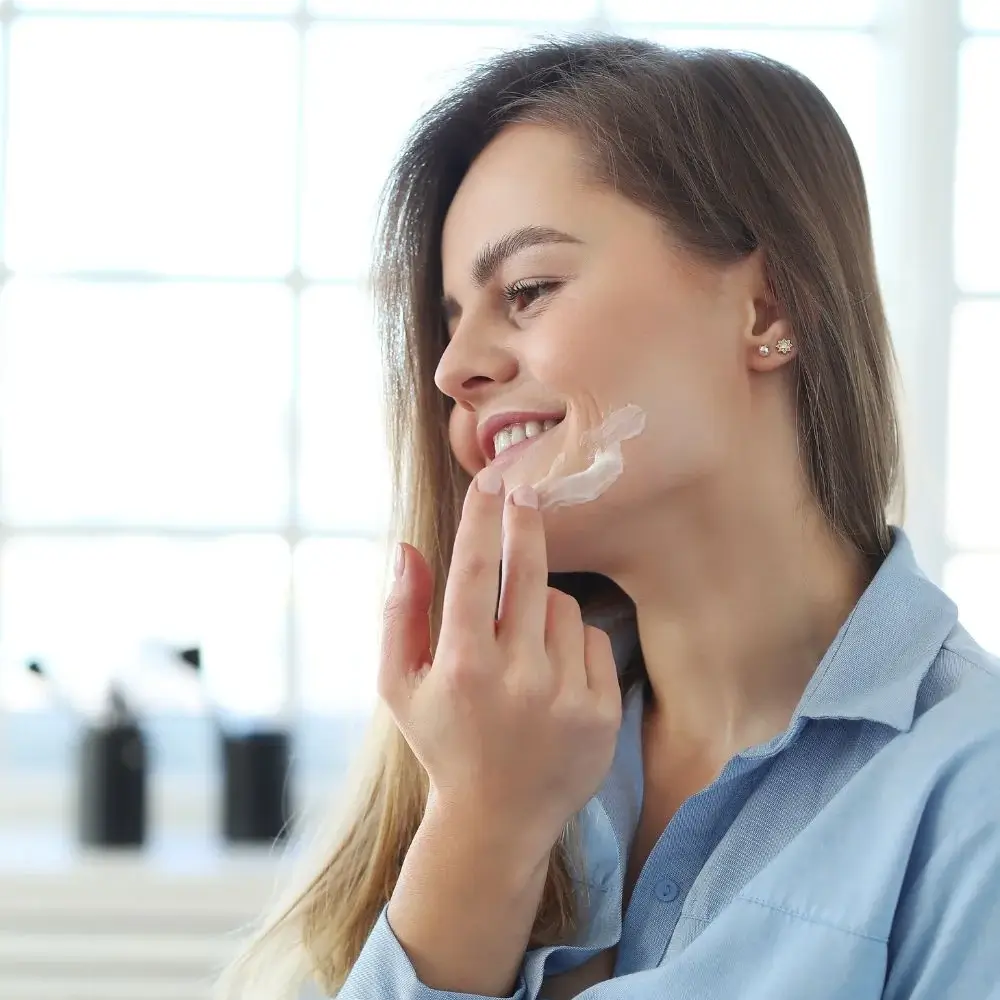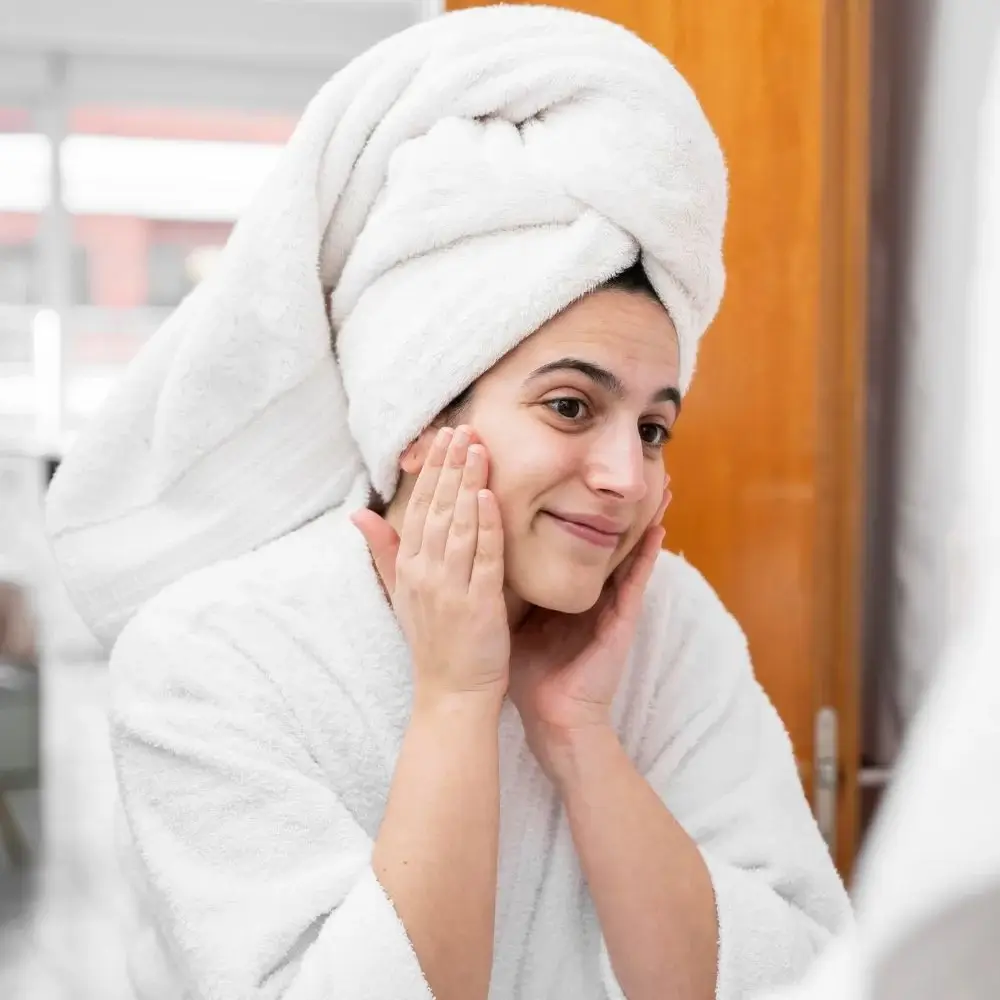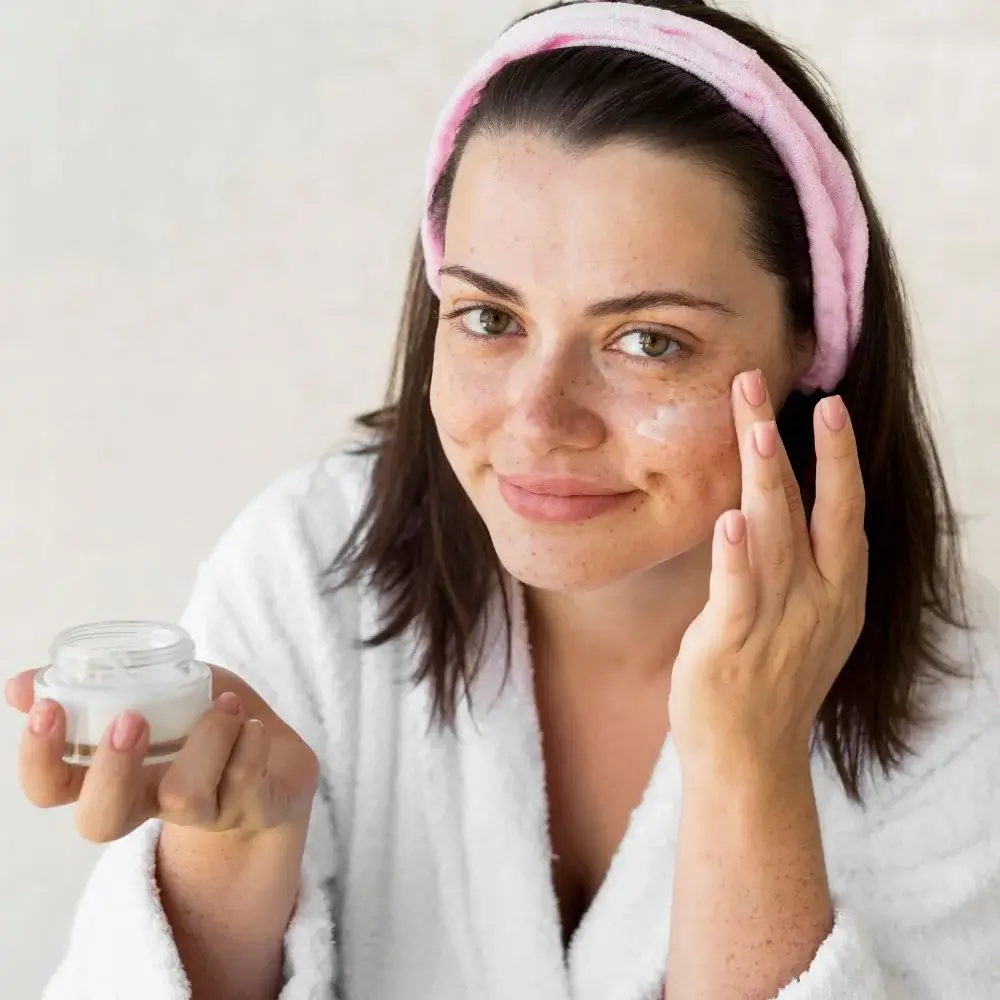Summer is here, and it's time to start taking care of your skin. One of the most important things you can do to protect your face from the damaging effects of the sun is to use good Sunscreen. But with so many options on the market, how do you choose the right one? As a beauty lover, you not only want protection but also a product that feels light and doesn't interfere with your makeup. In this guide, we'll break down everything you need to know about choosing the right Sunscreen for your face.
Know Your Skin Type
The first step in choosing the right Sunscreen is to understand your skin type. If you have oily skin, choose a gel-based sunscreen that won't clog your pores. If you have dry skin, look for a cream-based sunscreen that will provide other moisture. If you have sensitive skin, choose a physical blocker sunscreen containing zinc oxide or titanium dioxide instead of a chemical one that could irritate your skin.
Choose the Right SPF
SPF stands for Sun Protection Factor and refers to the amount of protection the Sunscreen provides against UVB rays. The higher the SPF, the more protection you get, but keep in mind that no sunscreen can provide 100% protection. Dermatologists recommend using an SPF of at least 30. Anything higher than 50 provides minimal other protection.
Consider the Ingredients
When choosing a sunscreen, it's important to read the ingredients list. Choose a sunscreen with active ingredients that are safe and effective, such as zinc oxide, titanium dioxide, or avobenzone. Avoid products containing oxybenzone, which some studies have linked to hormone disruption. Also, consider any other ingredients that may help, such as antioxidants like vitamin C and vitamin E.
Opt for Water-resistant
If you plan to spend a lot of time in the water or sweating, choose a water-resistant sunscreen. While no sunscreen is waterproof, water-resistant sunscreens can withstand up to 80 minutes of water exposure. Reapply every two hours or more frequently if needed.
Layer Sunscreen Under Makeup
As a fashion lover, you want to ensure that your makeup and skincare routine work together. The best way to do this is to layer your Sunscreen under your makeup. Choose a lightweight sunscreen that won't interfere with your makeup application, and give it a couple of minutes to soak in before applying makeup.
Choosing the right Sunscreen for your face is important not only for protection but also for the overall look of your skin. As a fashion lover, you want to choose a product that feels comfortable and lightweight and doesn't interfere with your makeup. Always consider your skin type, the SPF, and the ingredients, and if possible, opt for a water-resistant product. By following these tips, you can find the perfect Sunscreen that not only helps safeguard your skin but also helps you look your best all summer long.
Protecting your skin from harmful UV rays has never been more important. With so many sunscreen options available on the market, it can take work to find the best one for your face. Thankfully, after extensive research, we have found the Best Sunscreen For Face. This amazing product not only provides effective protection but also feels lightweight and comfortable on your skin. Say goodbye to greasy formulas that leave a white cast, and hello to your new favorite, Best Sunscreen For Face. Click the link now to discover the perfect Sunscreen that will keep your skin looking and feeling healthy all year round.
What are the key differences between face sunscreen and regular Sunscreen?
Face sunscreens, meticulously crafted for delicate facial skin, transcend mere sun protection. With a nuanced formulation featuring a lighter texture and non-comedogenic ingredients, they seamlessly integrate into daily skincare routines, harmonizing with makeup application. Significantly, these formulations often prioritize elevated UVA protection, a paramount factor in thwarting the onset of premature aging signs. On the flip side, regular sunscreens, primarily devised for broader body coverage, may showcase a denser consistency that poses a potential risk of inducing breakouts when applied to more sensitive facial skin.

What are the common ingredients found in the best face sunscreens?
The epitome of superior face sunscreens lies in the incorporation of cornerstone ingredients such as zinc oxide or titanium dioxide. These minerals play a pivotal role in delivering robust broad-spectrum protection, effectively safeguarding the skin against the entire UV spectrum, encompassing both UVA and UVB rays. Furthermore, these top-tier formulations frequently boast a curated blend of antioxidants, including but not limited to vitamins C and E, thereby providing another layer of defense against free radicals and environmental stressors. The intricate synergy of these meticulously chosen elements elevates the overall efficacy of the Sunscreen, fostering a comprehensive shield for the skin.

What is the difference between physical and chemical sunscreens for the face?
Delving into the intricate realms of sun protection, physical sunscreens leverage minerals like zinc oxide or titanium dioxide to orchestrate a tangible barrier on the skin's surface. This barrier effectively reflects UV rays away from the skin, offering a physical defense mechanism. On the contrary, chemical sunscreens operate by absorbing incoming UV rays and subsequently transforming them into heat, which is then dispersed. The dichotomy between these categories often hinges on personal preferences, skin sensitivities, and desired outcomes, with physical sunscreens often favored for sensitive skin due to their non-reactive nature.

How should I layer Sunscreen with other skincare products?
The art of layering skincare products unfolds as a strategic sequence to optimize their collective effectiveness. Sunscreen, as the paramount shield against harmful UV rays, should grace the skin as the final layer in your routine. Preceded by moisturizer and seamlessly integrated before makeup application, this deliberate sequencing ensures that the Sunscreen establishes a robust and unwavering barrier. When incorporating potent serums into the regimen, a key practice involves allowing ample time for these formulations to be fully absorbed before applying Sunscreen, ensuring the preservation of their efficacies. This meticulous layering ritual ensures a holistic and synergistic approach, providing comprehensive protection throughout the day.

How can I determine my skin type to choose the right face sunscreen?
Embarking on the discerning journey of selecting an apt face sunscreen commences with a comprehensive understanding of one's unique skin type. Factors such as oiliness, dryness, sensitivity, and propensity for breakouts serve as invaluable compass points in navigating the myriad of available formulations. For those blessed with oily or acne-prone skin, the prescription often leans towards lightweight, oil-free, and non-comedogenic formulations that adeptly regulate excess sebum production. Conversely, dry skin advocates for the embrace of hydrating sunscreens enriched with emollients and moisturizing agents, orchestrating a harmonious balance to bolster optimal skin health.
Should I reapply face sunscreen if I'm mostly indoors during the day?
The imperative for sunscreen reapplication transcends the conventional outdoor narrative, extending its significance even to predominantly indoor scenarios. Surprisingly, UV rays can infiltrate through windows, contributing to cumulative skin damage over time. Thus, adopting a sensible approach entails the diligent reapplication of Sunscreen every two hours when exposed to sunlight, even within the confines of indoor spaces. This proactive measure ensures a steadfast commitment to unwavering sun protection, with the added convenience of considering a powder sunscreen for seamless touch-ups, ensuring consistent and comprehensive protective coverage throughout the day without compromising the integrity of your makeup.







